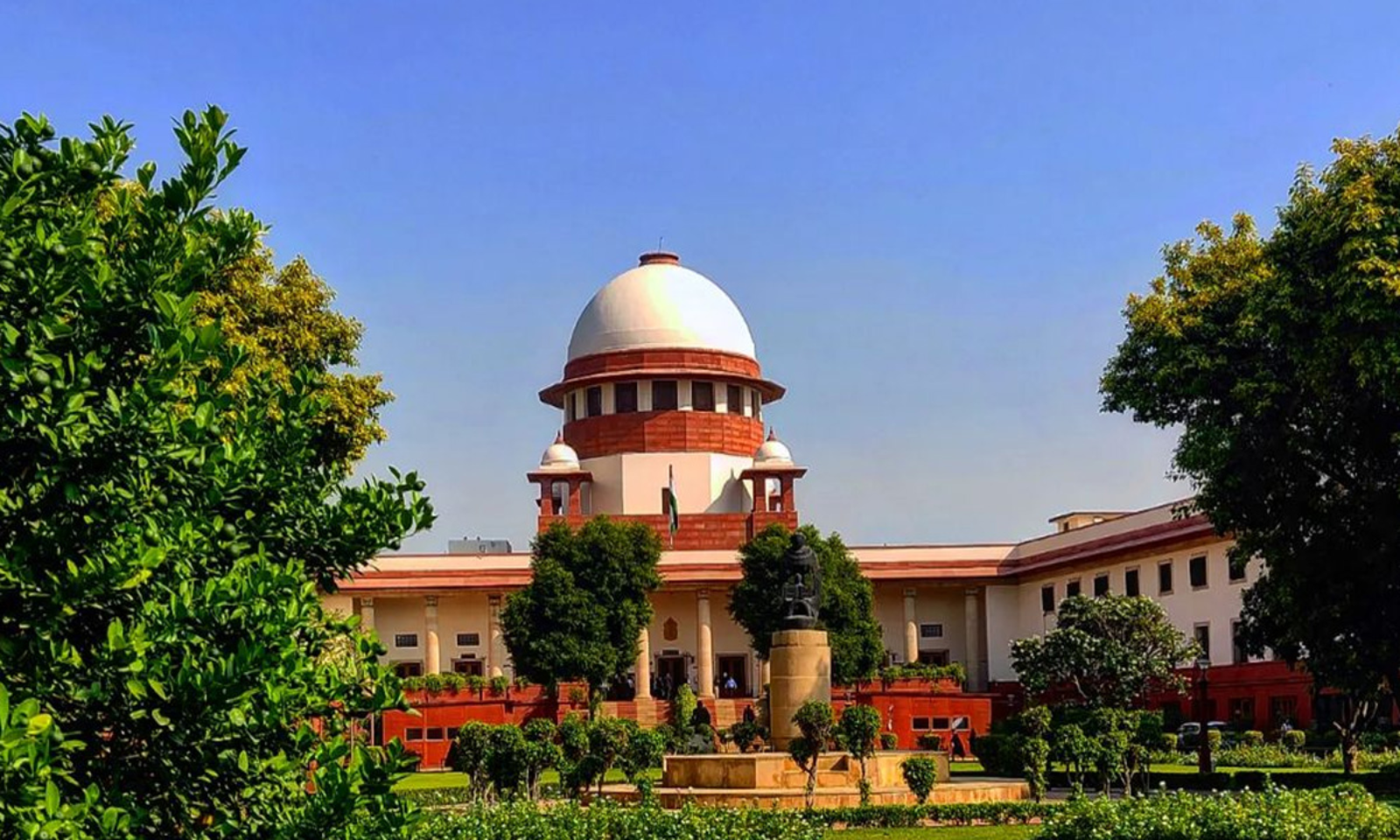Government Regulation of Short Selling
The Supreme Court has recorded the central government and market regulator SEBI promising appropriate oversight on short selling of securities following controversial allegations against Indian conglomerate Adani Group.
Case Context
This judgment came under a case examining if US short-seller Hindenburg Research violated Indian securities laws via its damning Adani report containing self-admitted short positions in the group’s foreign bonds.
What is Short Selling?
Short selling involves selling borrowed stocks now anticipating their prices will fall later, allowing buying them back cheaper in the future to return while pocketing the difference as profit.
Done legally under regulated markets, it enhances liquidity and enables correcting overvalued securities – establishing efficient price discovery.
Key Arguments
SEBI defended short selling as a globally recognized investment strategy that government oversight must govern not prohibit for optimum transparency and fairness.
It cautioned banning short trades can otherwise aid manipulation by promoters and distort efficient markets against small investors’ interests.
Assurances to Supreme Court
Considering international best practices, Solicitor General Tushar Mehta submitted the government along with SEBI will undertake apt measures on regulating short selling of Indian securities.
The Chief Justice recorded this statement in the final judgment conveying executive action for investor safeguards.
Analysis
- Applying principles-based checks on short trades forms part of wider efforts underway to bolster Indian capital market stability, resilience and trustworthiness.
- Done properly, smart regulation nurtures access alongside accountability rather than needless interventions impeding financial innovation meeting global benchmarks.
Month: Current Affairs - January, 2024
Category: Economy & Banking Current Affairs







